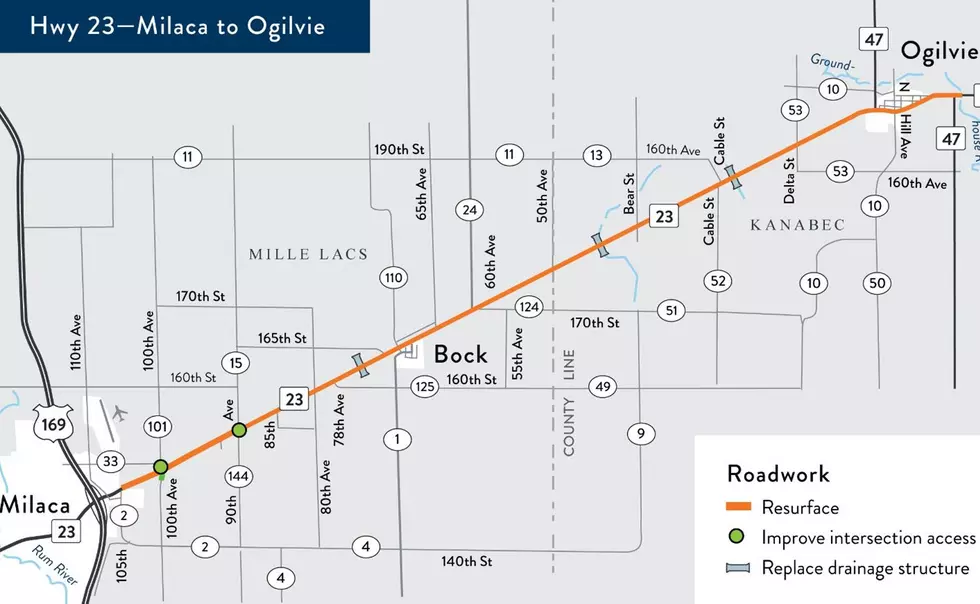
Minnesota, 24 Other States Enter $82 Million Settlement with Abra and CEO Over Licensing Violations
This content was produced in partnership with Bazoom Group.
Minnesota and several other states have reached a settlement with crypto platform Abra for operating in these jurisdictions without the required licenses. Abra, its associated group of companies, and CEO William Barhydt agreed to specific terms with these states after a group of regulators began investigating the company.
Under the agreement, according to an announcement from the Conference of State Bank Supervisors (CSBS), Abra will stop accepting crypto from Abra Trade customers in the US and will stop selling, buying, or trading crypto to US Abra Trade customers. Furthermore, Abra will return up to $82.1 million worth of crypto to customers in the involved states. In return, the states have agreed to forgo penalties of $250,000 each.
The broad crypto investment landscape sees platforms like Abra offer several options for members of the crypto community looking to earn from the industry. Some users may prefer to invest by going through a list of crypto ICOs to select one of several options to stake or hodl. Users who choose ICO coins get to enjoy early access to promising assets across multiple niches, including mining solutions VR gaming, and meme coins. On the other hand, some investors may simply prefer established assets available on several popular exchanges and trading apps.
Abra established Abra Trade for trading purposes in 2014 but has wound down its app for US customers. The action against Abra was initiated by financial regulators from eight states. These include Washington, Vermont, Ohio, Texas, Oregon, Georgia, Connecticut, and Arkansas. However, 17 more states benefited from the action.
In a post on X, Barhydt explained that since Abra shut down the app, more than 99% of funds - over $250 million in assets, have been claimed, with about $2 million unclaimed. He also mentioned that Abra Private and Abra Prime, two other company platforms, are “fully operational in the USA and internationally.”
Abra has had trouble with US authorities in the past. In 2020, the Securities and Exchange Commission (SEC) and the Commodity Futures Trading Commission (CFTC) jointly fined the company $300,000 for trading synthetic assets. The SEC found that Abra introduced the feature in February 2019 and discontinued it after the SEC’s intervention.
In May, the company reintroduced the feature without accepting US residents. Although Abra moved some operations to the Philippines, employees in California designed and hedged the contracts, also screening eligible users. Unfortunately, the SEC maintained that companies cannot sidestep US federal securities laws by restricting access to non-US investors “while conducting crucial parts of their business in the United States.”
For the CFTC, the problem was that such contracts must be sold exclusively on a derivatives exchange like the CME (Chicago Mercantile Exchange). In a press release, the CFTC also added that Abra was illegally operating as an unregistered futures commission merchant by soliciting and accepting orders for the contracts.
Generally, US and global authorities have a long history of enforcement action against crypto companies and have sued several small and large organizations. Nonetheless, crypto adoption is still high as people use digital assets as an investment tool and a medium of exchange for e-commerce, remittances, and entertainment purposes like crypto gambling.
While states crack down on erring crypto platforms, residents consider cryptocurrencies important, especially in the forthcoming elections. According to a recent poll conducted by Harris Poll and the blockchain venture firm Digital Currency Group (DCG), more than 20% of voters in a few key swing states believe crypto is essential and are paying attention to the candidates’ positions on the issue. The survey of 1,201 registered voters concluded that more than a quarter (26%) will consider these positions before voting. Also, while 40% of registered voters wish candidates talked more about digital currency, 48% of the respondents do not trust candidates that interfere with crypto. Furthermore, 30% of voters are likely to support pro-crypto politicians.
A recent report revealed that crypto industry super PACs (political action committees) have raised $102 million for Congressional elections. Over 50% of the amount was raised from direct expenditures, mostly from Ripple Labs and Coinbase. The rest are from several crypto billionaire executives and venture capitalists. For instance, each founder of venture capital firm Andreessen Horowitz (a16z) put $11 million, while $5 million came from Tyler and Cameron Winklevoss. Furthermore, Coinbase CEO Brian Armstrong contributed $1 million.
If you or anyone you know has a gambling problem, call 1-800-GAMBLER.
More From AM 1240 WJON









